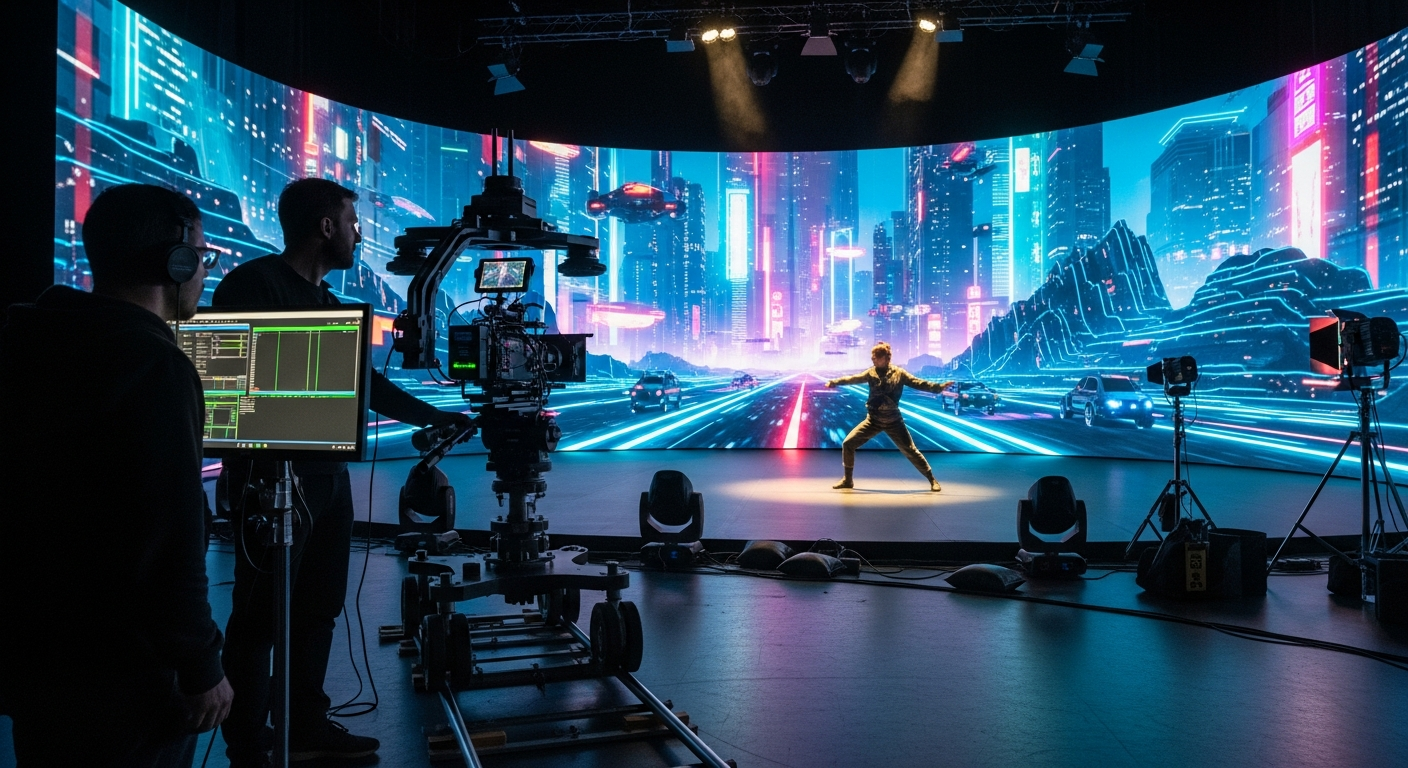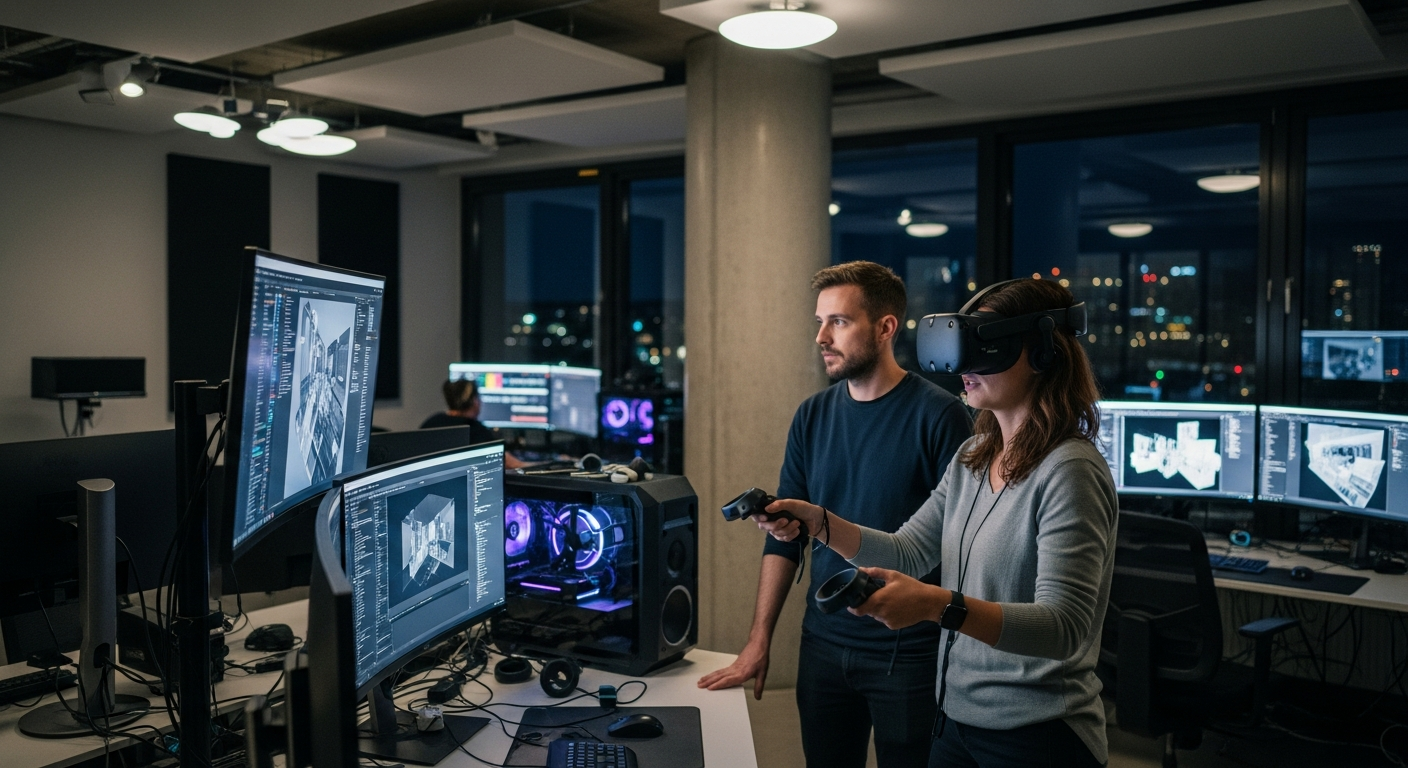Pioneering Visions: Virtual Reality's Groundbreaking Presence in Modern Cinema
Introduction: As we delve into the digital age, the film industry is not just keeping pace—it's leading the charge. One of the most exciting developments is the use of virtual reality (VR) to enhance cinematic experiences. Let's explore how VR is transforming modern cinema.

A Journey Through Time: VR and the Film Industry
Virtual reality, while a relatively new concept to many, has made its way into the film industry over the past few decades. The earliest instances of VR in cinema can be traced back to the 1980s. However, it wasn’t until the advent of more advanced technology in the 21st century that VR began to make a significant impact on the film industry.
The Current State of VR in Cinema
Today, VR has evolved beyond a novelty or special effect. It has become a potent storytelling tool, with filmmakers using VR to create immersive experiences that transport audiences into the world of the film. The 2021 Sundance Film Festival, for instance, showcased a number of VR films, demonstrating the technology’s growing prominence in the industry.
Impact and Significance: A New Frontier in Filmmaking
The impact of VR on cinema is profound. It enables filmmakers to create more immersive and engaging experiences, enhancing storytelling and deepening audience connections with the film. Critics and audiences alike have lauded VR films for their innovation and ability to push the boundaries of what is possible in cinema.
Reception: The Audience Embrace VR
The reception of VR in cinema has been largely positive. Audiences appreciate the immersive experiences that VR enables, with many viewing it as the future of film. However, some critics argue that VR could detract from the traditional cinematic experience. Despite these debates, the popularity of VR in cinema continues to rise.
The Road Ahead: The Future of VR in Cinema
Looking ahead, the potential of VR in cinema is immense. With advancements in technology and a greater understanding of how to harness VR for storytelling, the future of VR in cinema is bright. As filmmakers continue to explore the possibilities of this technology, audiences can expect to see more groundbreaking VR films in the coming years.
In conclusion, the integration of virtual reality in modern cinema is a pioneering leap in the film industry. It is not just a technological advancement but a revolutionary tool in storytelling, creating an immersive and engaging cinematic experience. As we move further into the digital age, VR is poised to become an integral part of our cinematic experience, forever changing the way we view and interact with films.






